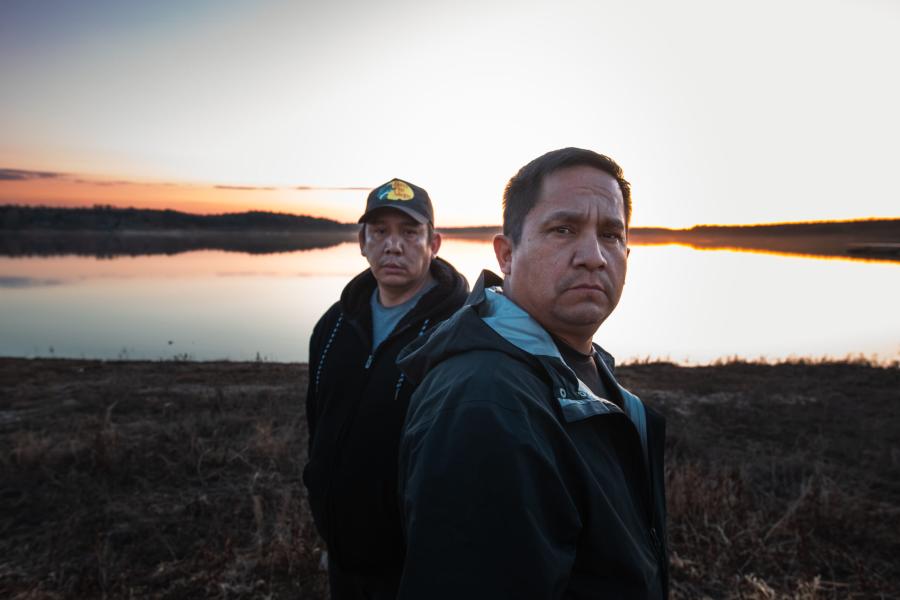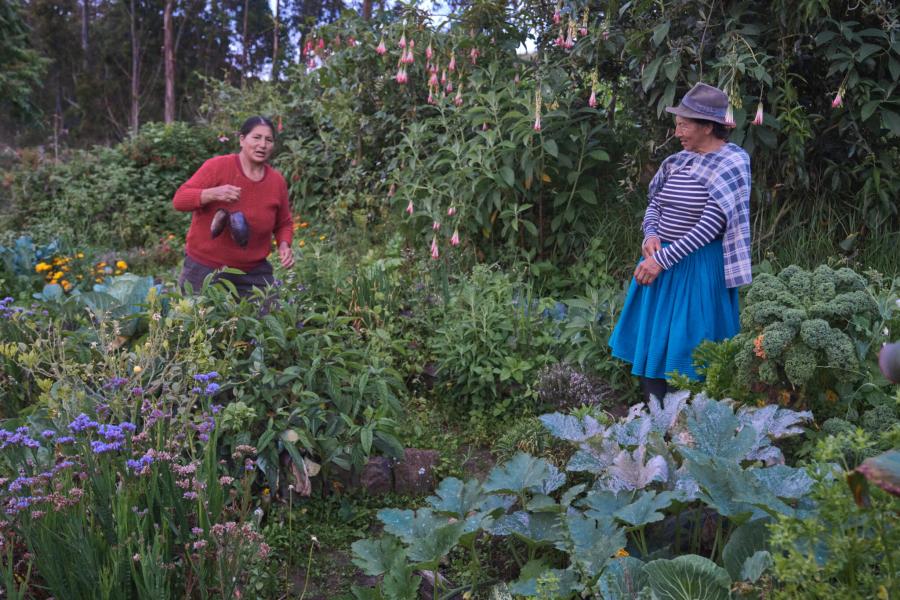From the late 1960s, the word, "commons," in the U.S. and other parts of the Western world has been associated with a phrase that has taken on epic proportions: "the tragedy of the commons." In popular parlance the "commons" is linked with environmental degradation and irresponsible use.
Forgotten is the older and larger tradition of stewardship over common resources. Since the 1970s an academic cottage industry has diligently gathered contemporary and historical evidence for a wide variety of working commons - forests, fisheries, irrigation systems, pastures - around the globe. The term, "commons," has begun to take on the aura of self-organized governance and local responsibility and knowledge. But with some notable exceptions, the working commons is most frequently associated with something and someplace out of the mainstream; something and someplace that has nothing to do with the global economy, with life in industrialized societies, with serious attempts at sustainability. The structures of lives and livelihoods in local-level commons are quaint but irrelevant.
The articles in this issue dispel any lingering thoughts of irrelevance. They show how indigenous and local communities, as well as new communities that include professionals and public interest organizations, are engaged in attempts to articulate, defend and reclaim their roles as proprietors and stewards of common resources.
Suzana Sawyer's discussion of indigenous struggles against the ecological and cultural devastation associated with petroleum development in the Ecuadorian Amazon depicts the process whereby one multinational corporation was forced to acknowledge the reality of a cultural commons and ethnic control over a common territory. Recognition of the "commons" has radical implications for how the oil industry operates in exploration efforts: a corporation can no longer maneuver solely in the more easily controllable ground of private freehold property. Susan Stonich's work in southern Honduras also focuses on the struggles of poor people to protect and reclaim access to and control over the commons. A grassroots movement has emerged in response to shrimp farming and tourist development interests that have damaged or enclosed the coastal commons of the Gulf of Fonseca. Violent reactions to the movement have been reduced to some extent, but not completely, by support from international environmental organizations.
Far more than local ecosystems are at stake in struggles over the environment. Using a case from Zimbabwe, David Hughes demonstrates the relevance of the commons to an international conservation agenda. He shows how conflicts arise when state and environmental organizations target the nurtured and preserved commons of local people for national park extension, and overlook both intact and destroyed habitats on private lands. Poorer land-users, in response, refuse to sacrifice their lands for the environmental sins of rural elites.
The task of re-specifying the commons in the context of national and global forces engages peoples throughout the world. Using a pastoral example in Tanzania, Susan Charnley shows how the breakdown of communal property leads to environmental degradation, impoverishment and loss of identity. She explores property configurations suitable for dealing with the new landscape of politics and identity. Similarly, Eufemia Pinto reports from Palawan in the Philippines about the opportunities for and challenges to indigenous communities in the recently legislated "ancestral domain" process for the registration and recognition of indigenous land and natural resource rights.
The evolution of the commons involves redefinition of the communities of interest. Among the serious challenges to indigenous communities in the process described by Pinto is the undeniable fact of multiple and competing claims to ancestral lands and resource rights, highlighted in conflicts over rights to harvest a tropical resin. The Philippines case she is involved in is also shaped by the fact that public interest NGOs are often critical actors in attempts to redefine and reclaim the commons.
Beverly Brown demonstrates that the de facto commons is alive and well in industrialized North America, and forms an important part of lifestyle and livelihood for working class rural residents. She shows that conflict over access to this commons underpins a significant, but publicly unacknowledged, tension in local and regional politics. The issues raised are also present in the case depicted by Nat Bingham. He reports on the perspective of a rancher in Northern California who is involved in an effort to restore local salmon stocks that requires the collaboration of environmentalists, Native Americans, commercial fishers, ranchers, timber interests, and municipal, industrial and other agricultural water users. As in the Philippines cases, new cultural and social communities are being created as people collaborate on the shared tasks of preserving and restoring common resources.
Highlighted in recent debates about intellectual property rights is the fact that knowledge itself is a "commons" subject to competing property claims and critical to the survival of human communities and their environments. The international "Honey Bee" network, described by Anil Gupta, deals with linking communities and individuals in producing innovative technological and institutional solutions to the problems of natural resource management. This approach is in sharp contrast to the usual top-down extension model. Similarly, the in situ germplasm conservation projects in the Philippines, described by Virginia Nazarea, represent situations where local people, particularly marginalized women, provide the knowledge and capacity for the collective action that is needed to protect and recreate crop biodiversity.
Nazarea also describes a "memory banking" project in the Philippines and highlights how people in marginal environments retain traditional knowledge and practices as "pockets of memory," which render resistance to the homogenizing forces of rural development. Neis and Williams' interviews with women in the fishing industry of Newfoundland and Labrador, Canada, reveal another dimension of marginality and the commons: where there are tragedies, marginal groups such as women are among those first to suffer and last to be heard. Moreover, the wider process of enclosure of the commons makes them disproportionately vulnerable, raising the urgency of attempts, such as this special issue, to help give voice to their concerns.
From reading the articles that follow, it should be clear that the commons is an evolving from of property, eminently suited to the 21st century - one which allows local claims, cultures and ecosystems to be defended in an era of globalization. Article copyright Cultural Survival, Inc.



